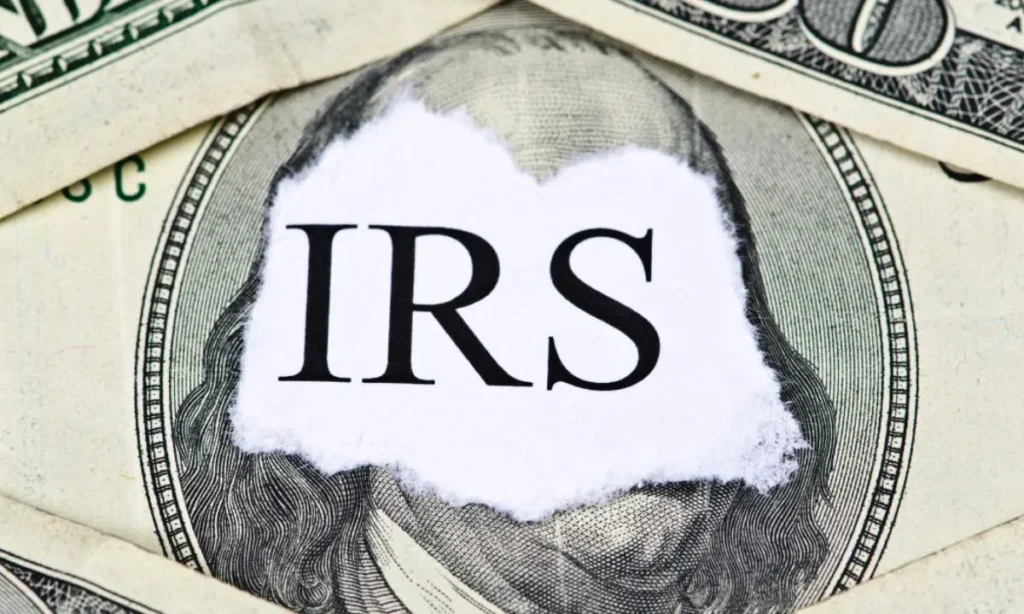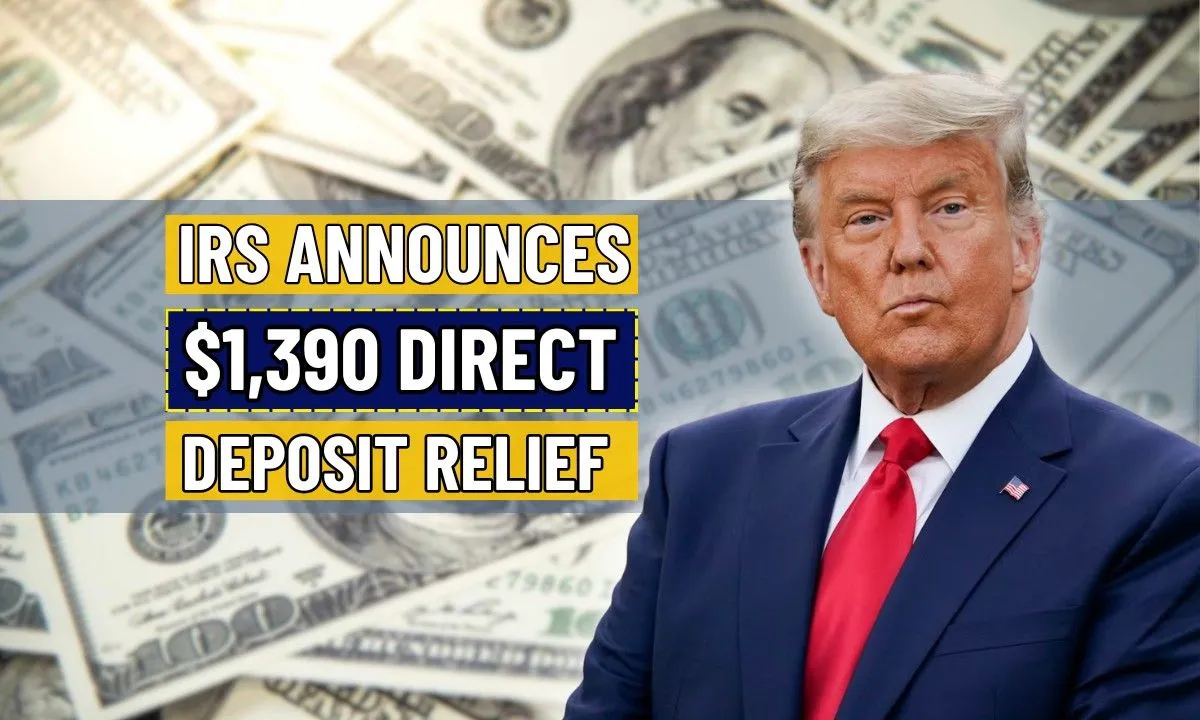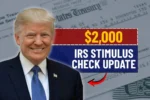In the past few weeks, social media platforms have been buzzing with claims that the IRS is set to send $1,390 direct deposit relief payments in November 2025. Videos, fake screenshots, and misleading articles have made the story sound convincing, leading many Americans to wonder if another stimulus or tax relief payment is really on the way. However, after reviewing all available information from official government sources, it’s clear that this claim is completely false. There is no federal relief payment, no approved law, and no official IRS program offering this amount.
The confusion appears to stem from old stimulus headlines and misleading edits of legitimate IRS news updates that have been circulating online. These posts often use the IRS logo, mimic real announcement formats, and combine unrelated information about tax adjustments or state refunds to appear credible. But as of now, the IRS has not issued or approved any $1,390 direct deposit relief payment for November 2025 and the U.S. Treasury has confirmed the same.
No Federal Relief or Stimulus Payment Has Been Approved
If you visit trusted government sources such as the IRS Newsroom, the U.S. Department of the Treasury, or the Congress.gov Appropriations Tracker, you’ll see that no new federal relief, stimulus, or rebate program exists for 2025. There’s been no press release, no funding allocation, and no congressional approval for a program resembling a “$1,390 IRS payment.”
What likely happened is that social media creators reused details from older pandemic-era programs like the 2020 and 2021 Economic Impact Payments and presented them as “new relief.” Others have confused state-level rebates such as those issued by Minnesota, Alaska, or Montana with nationwide federal programs. But these are completely separate and limited to residents of those specific states.
What the IRS Is Actually Doing This November
Although there’s no special relief payment this month, the IRS and related agencies are still implementing several important financial updates that genuinely affect taxpayers. These updates, which will shape the 2026 tax season, include inflation-based changes and Social Security adjustments that millions should be aware of.
| Program / Change | Status | Description |
|---|---|---|
| 2026 Tax Bracket Updates | Confirmed | The IRS will announce the new inflation-adjusted income tax brackets this month. |
| Standard Deduction Increase | Confirmed | Expected to rise roughly 5% for the 2026 tax year. |
| Social Security COLA (SSA) | Confirmed | The 2026 benefit increase begins in January, not connected to any IRS payment. |
| State Rebates | Varies | A few states, like Alaska and Minnesota, are issuing local refunds not federal deposits. |
These updates are official, verifiable, and published directly on IRS.gov and SSA.gov. So while no “relief check” is being mailed or deposited, legitimate financial adjustments are still happening this season.
How to Verify If You’re Owed Any Payment

If you think you might have missed a prior refund or credit, there are safe ways to check without falling for scams. Always rely on the official IRS website or your verified IRS online account not links shared on social media. You can visit IRS.gov/your-online-account to check your payment history, tax transcripts, and refund status. Those who never received their 2020 or 2021 stimulus payments can still claim the Recovery Rebate Credit by amending prior tax returns.
For those on Social Security or VA benefits, visit SSA.gov for verified payment schedules. These agencies also confirm that no new one-time relief deposits are being issued outside the usual monthly benefits or COLA adjustments.
Why These Rumors Keep Spreading
The persistence of such fake payment stories isn’t surprising. After years of financial strain, rising living costs, and memories of real stimulus programs, many people still hope for more federal assistance. Scammers and clickbait content creators take advantage of this by circulating stories that sound plausible but lack any basis in fact.
Often, these fake “relief” posts aim to collect personal details like bank account numbers or Social Security information. Others direct users to shady websites that ask for “verification fees” or simply generate revenue from clicks. It’s a cycle of misinformation that spreads quickly especially when mixed with legitimate financial updates from the IRS. Remember, if the news doesn’t come directly from IRS.gov, Treasury.gov, or a trusted media outlet, it’s not official. Avoid sharing unverified claims, no matter how convincing they appear.
FAQs
- Is the IRS sending out $1,390 direct deposits in November 2025?
No, the IRS has not announced or approved any such payment. This claim is false and not supported by official government data. - Why are people talking about this payment online?
The rumor likely originated from fake posts and recycled information from earlier relief programs and state-level refunds that have nothing to do with federal payments. - How can I confirm if I’m due any payment or refund?
Always check your IRS online account to see your payment history and refund status. Avoid external links or messages claiming to be from the IRS. - Are there any official updates this November?
Yes, the IRS is updating 2026 tax brackets and the standard deduction, while Social Security will apply its COLA increase starting January 2026. - What should I do if I see similar posts again?
Report them to the platform and do not share or click on links. Always verify news through official websites or established news outlets before believing or spreading it.



